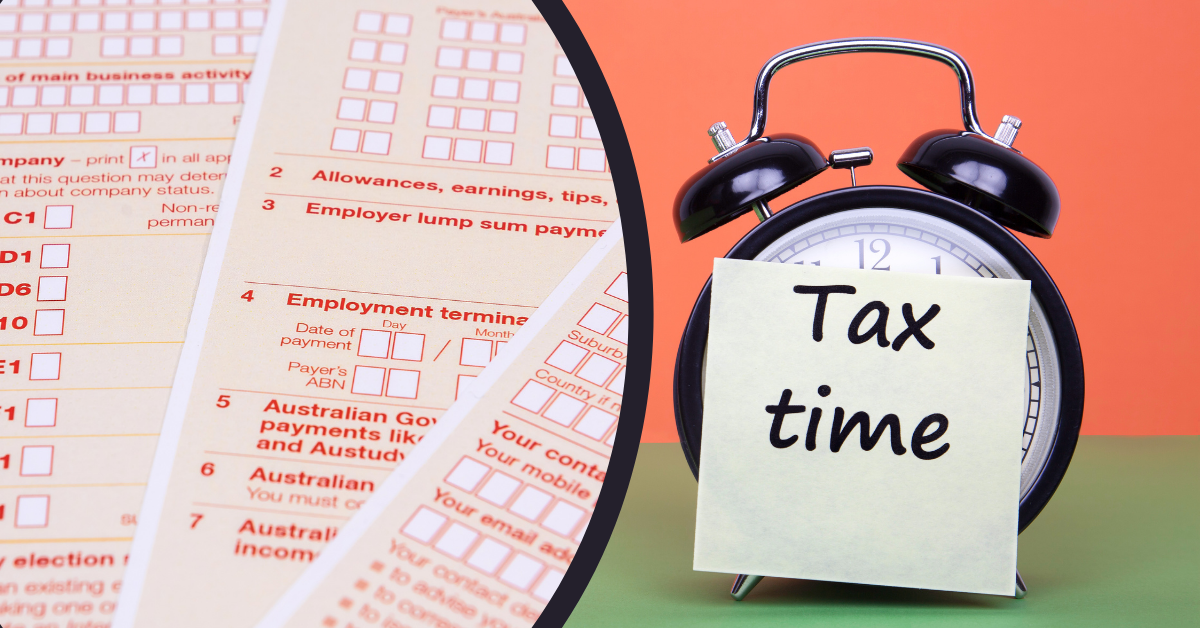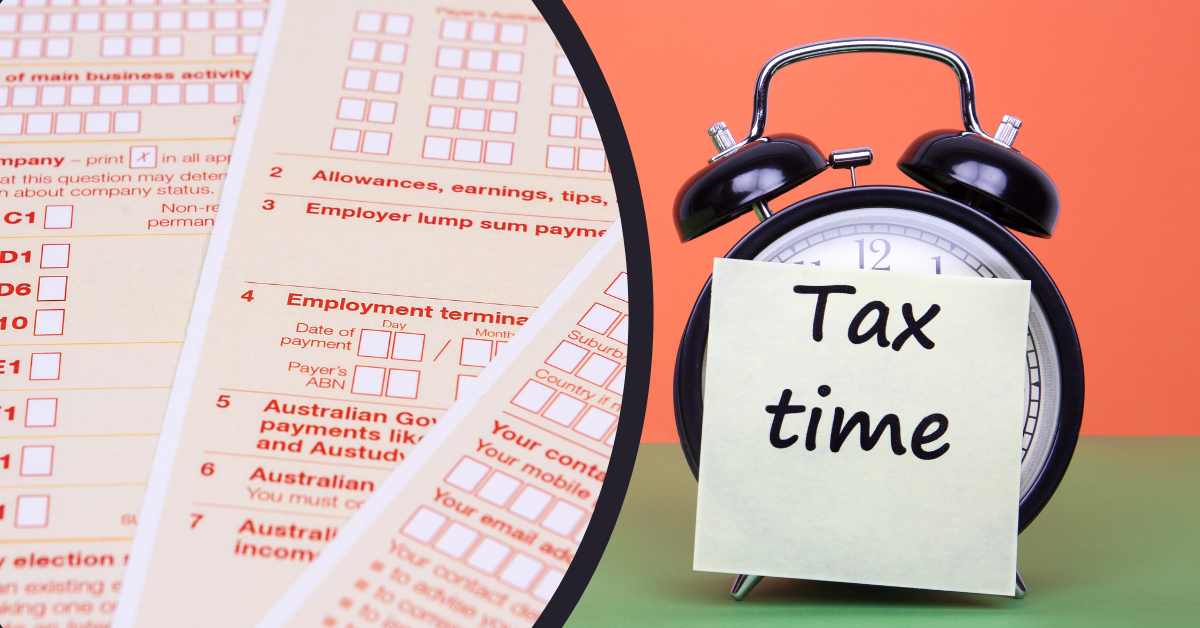What Date is Tax Due in Australia?
Understanding the Australian Tax System
As a responsible citizen, it is important to be aware of your tax obligations and deadlines. In Australia, individuals and businesses have specific dates by which they must lodge their tax returns and pay any taxes owed to the Australian Taxation Office (ATO). This article will guide you through the key dates and deadlines to ensure you stay compliant with the Australian tax system. What date is tax due in Australia?
Tax Return Deadlines for Individuals
1. Standard Tax Return Deadline
For most individuals, the deadline to lodge a tax return in Australia is October 31st. This applies to those who prepare their own tax returns or use the services of a registered tax agent. It is crucial to submit your tax return by this date to avoid penalties and interest charges on any outstanding tax liabilities.

2. Lodging Through a Registered Tax Agent
If you choose to engage a registered tax agent to prepare and lodge your tax return, you may be eligible for an extended deadline. Tax agents have special lodgment concessions that allow them to lodge returns on behalf of their clients beyond the October 31st due date. The exact deadline will depend on the registered tax agent and the lodgment program they are under.
3. Specific Circumstances and Extensions
In certain situations, individuals may be granted extensions for lodging their tax returns. This can occur if you are affected by a natural disaster, experiencing serious illness, or facing other exceptional circumstances. If you find yourself in these circumstances, it is crucial to contact the ATO and request an extension. They will consider your situation and provide guidance on the new deadline.
Business Tax Return Deadlines
1. Small Business Entities
Small business entities in Australia typically have a different tax return deadline compared to individuals. If you are a small business entity, defined as having an annual turnover of less than $10 million, the due date for lodging your tax return is usually February 28th of the following year. It is essential to check with the ATO or your tax advisor to confirm the exact deadline for your specific circumstances.
2. Large or Medium Business Entities
Large or medium-sized business entities in Australia have different tax return deadlines depending on their structure and other factors. Companies, partnerships, and trusts with a June 30th year-end usually need to lodge their tax returns by October 31st. However, it is crucial to seek advice from a tax professional or consult the ATO for accurate information pertaining to your specific business situation.
Payment Deadlines
1. Individual Income Tax Payment
If you have a tax liability after lodging your tax return, the payment due date is generally November 21st. It is important to ensure you pay any outstanding tax by this date to avoid interest charges and potential penalties. The ATO provides various payment methods, including online payments, BPAY, and in-person options at Australia Post offices.

2. Business Income Tax Payment
Businesses have specific payment due dates based on their reporting and lodgment obligations. Small business entities with a June 30th year-end usually need to pay any outstanding tax liability by February 28th of the following year. Large or medium-sized businesses often have different payment due dates, depending on their structure and tax obligations. It is advisable to consult with your tax advisor or the ATO to determine the exact payment deadline for your specific business circumstances to ensure timely and accurate payments.
Penalties for Late Lodgment or Payment
It is crucial to meet the tax return and payment deadlines to avoid penalties and interest charges imposed by the ATO. Failure to lodge your tax return on time can result in a “failure to lodge on time” penalty, which accumulates daily until the return is submitted. The penalty amount increases with time, so it is in your best interest to lodge your return as soon as possible to minimize any potential penalties. What date is tax due in Australia?
Late payments of tax liabilities also attract penalties and interest charges. If you fail to pay your taxes by the due date, the ATO may impose a general interest charge (GIC), which accrues on the outstanding balance until the payment is made. The GIC rate is updated quarterly and is calculated based on the Reserve Bank of Australia’s indicator rate, plus a specified percentage.
Seeking Professional Assistance
The Australian tax system can be complex, with various rules and regulations that may impact your tax obligations. It is recommended to seek professional assistance from a registered tax agent or a qualified tax advisor to ensure compliance with the tax laws and maximize any available deductions or offsets.
A tax professional can provide personalized advice tailored to your specific circumstances, help you navigate the tax return process, and ensure accurate lodgment and payment. They can also assist in identifying potential tax planning strategies to minimize your tax liabilities legally and optimize your overall financial situation.
Conclusion
Being aware of the tax return and payment deadlines in Australia is essential for both individuals and businesses. By meeting these deadlines, you can avoid penalties, interest charges, and unnecessary stress. Remember, the standard tax return deadline for individuals is October 31st, and small business entities typically have until February 28th of the following year to lodge their tax returns. However, it is always prudent to seek professional advice and consult the ATO for accurate and up-to-date information specific to your situation. By staying informed and proactive, you can fulfill your tax obligations effectively and maintain compliance with the Australian tax system. https://cbdtax.com.au/tax-due-dates-rates/

